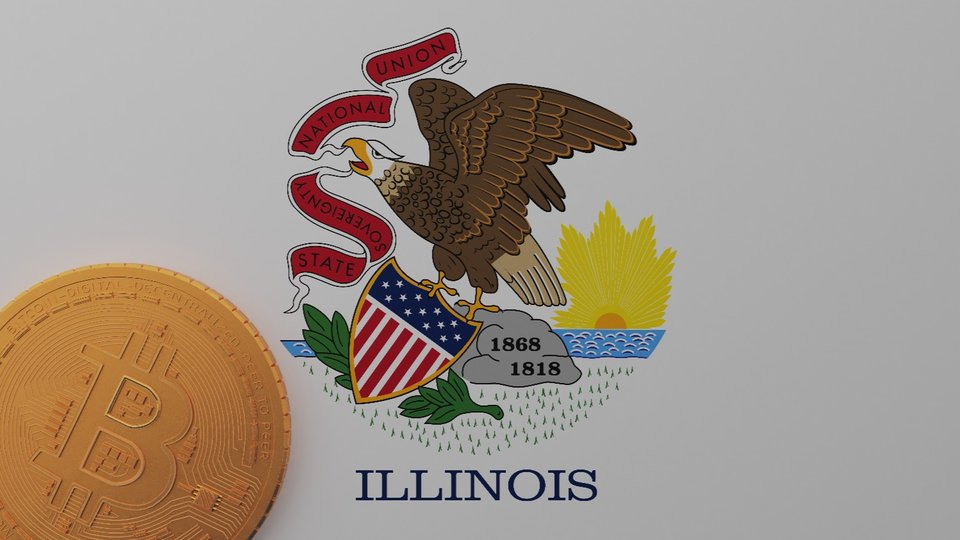Payments
Illinois Governor signs laws regulating crypto, bitcoin ATMs

August 19, 2025
Governor JB Pritzker of Illinois has signed two bills to regulate cryptocurrency and prevent bitcoin ATM scams: The Digital Assets and Consumer Protection Act and Digital Asset Kiosk Act. The former puts in place regulatory oversight of cryptocurrency and the latter puts in place regulations on crypto ATM operators to combat scams, according to a press release.
In particular, the Illinois Department of Financial and Professional Regulation can now regulate cryptocurrencies and require companies to put in place procedures to improve cybersecurity and prevent fraud and money laundering. The Digital Asset Kiosk Act on the other hand requires crypto operators to register with the IDFPR and provide refunds for all scam victims. It also caps daily transactions at $2,500 for new customers and fees at 18%.
The goal of these bills is to act as a counterbalance to the Trump administration's more pro-crypto stance, which Governor Pritzker believes is damaging to consumer safety in a time when Illinois consumers lost $272 million in cryptocurrency fraud in 2024 alone.
"While the Trump Administration is letting crypto bros write federal policy, Illinois is implementing common-sense protections for investors and consumers," Governor Pritzker said in the release. "At a time when fraudsters continue to evolve and consumer protections are being eroded at the federal level, Illinois is sending a clear message that we won't tolerate taking advantage of our people and their hard-earned assets."
Digital asset businesses have until July 1, 2027 to register with the IDFPR but they must obey the consumer protection clauses immediately.
"This legislation ensures that Illinois residents are protected through strong scam prevention measures, such as placing disclosures on kiosks and putting safeguards in place to prevent new users from losing their life savings," Sen. Laura Ellman said in the release. "We're taking a responsible step to put consumer protection first in the state. Basic consumer protections in the cryptocurrency space are lacking, and regulatory frameworks are crucial for holding operators accountable and keeping consumer dollars secure. This measure addresses areas in the virtual currency market vulnerable to fraud and empowers Illinois consumers to make informed investments."
Earlier in July, the Trump administration signed the GENIUS Act with bipartisan support setting up a regulatory regime for stablecoins. Two other crypto acts are still awaiting approval in the Senate, which include the Clarity Act to determine which agencies regulate cryptocurrencies and the Anti-CBDC Surveillance State Act which would ban the Federal Reserve from issuing a central bank digital currency, according to a report by the New York Times.
 ChatGPT
ChatGPT Grok
Grok Perplexity
Perplexity Claude
Claude












